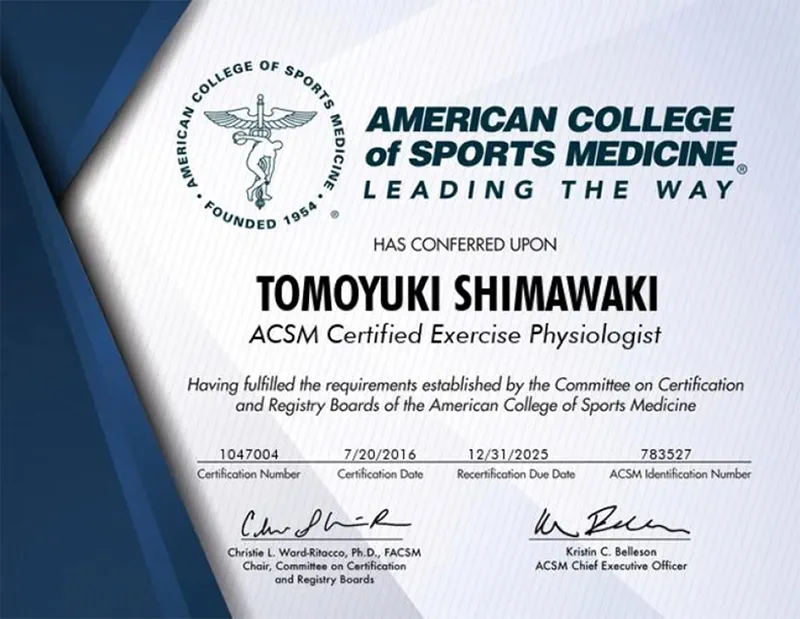In the previous article, we introduced the functions of the Health Director and the benefits for artists. This time, from the CEO’s perspective, we will explore how to design an organizational foundation centered on health for labels and management offices.
The future of the music industry is not determined solely by the expertise of A&R or marketing strategies. How the health of artists and staff is managed directly impacts tour success rates, brand value, and investor evaluations.
Creativity can only be systematically fostered when built on the foundation of health. Therefore, it is crucial to establish mechanisms that guarantee health institutionally.
目次
ToggleWhy introduce it “now”?
Changes in Industry Structure
Over the past decade, the music industry has changed dramatically. Shortened release cycles, constant activity on social media, and the normalization of long-term promotions have significantly increased the workload for artists.
Burnout and long-term absence have become real risks. The environment that should sustain creativity is, ironically, undermining continuity.
Brand Preservation and Risk Management
The risk of tour cancellations is not merely a live performance issue. A single cancellation can cause direct losses in the hundreds of millions of yen, with additional costs such as refunds, transportation, and labor. More seriously, brand damage caused by health issues or controversies can erode fan trust, reducing not only album and merchandise sales but also future ticket sales. Rising insurance premiums also increase fixed costs, burdening management.
Investor and Regulatory Demands
Recently, investors and society have strongly demanded disclosure and management of human capital. In ESG evaluations, consideration for the health and safety of artists and staff is a critical factor. This is no longer a matter of “welfare” but a subject directly tied to corporate strategy itself.
Whether health risks can be systematically managed greatly influences investor trust and financing capability.
Defining the Role of the Health Director
The Health Director ensures the health of artists institutionally and stabilizes commercial plans.
- ・Mission: Maximize the health, safety, and performance of artists and core staff to ensure stable execution of tours and productions.
- ・Outcomes: Reduced tour cancellation rates, extended career longevity, reduced insurance costs, minimized risks.
- ・Authority: Holds the right to issue Go/No-Go recommendations on health and request adjustments to tour schedules.
The Health Director is not a physician diagnosing or treating but a management-level safety provider, collaborating with medical professionals to establish protective guidelines.
Importantly, the Health Director also holds the authority to directly intervene with at-risk artists or departments. Beyond offering advice in board meetings, they can act in the field when warning signs arise—ordering schedule adjustments or initiating recovery protocols.
Thus, the Health Director is both a strategic advisor to the CEO and a safety guard intervening in crises.
Organizational Design: Direct Reporting to the CEO
The Health Director should report directly to the CEO while collaborating across A&R, production, PR, and touring divisions. Their role is to provide advice and supervision, not command. Like an external director or advisor, they present safety lines for decisions made by executives and departments.
Leveraging external networks is also key. Physicians, clinical psychologists, physical therapists, vocal coaches, and nutritionists can be engaged on a project basis, providing optimal support while keeping fixed costs low. This system suits not only large labels but also small and medium-sized offices.
ROI Perspective: Measuring the Impact in Numbers
Example KPIs
- ・Tour cancellation rate
- ・Number of days inactive due to health issues
- ・Insurance premium trends
- ・Average recovery time
Simple Estimation
- ・Loss per canceled show = approx. 650 million yen (500 million direct + 150 million indirect costs)
- ・With 10 tours annually, reducing cancellations by just 2% yields more than 1 billion yen in benefits per year
- ・A fully justifiable return on investment
Conclusion
The Health Director is not a welfare officer but a core position that secures revenue certainty. Institutionalizing this role allows labels and management firms to achieve both sustainability and competitive advantage.
Embedding this concept will enrich the future of the entertainment industry.
PROFILE

Tomoyuki Shimawaki
Founder of BODY DIRECTOR
Certified Exercise Physiologist (American College of Sports Medicine)
Health Coach
Experience in Japan
Since 2007, I have accompanied artists on live tours, providing comprehensive training and nutrition management.
- ・Annual training program design for artists
- ・Supervision of catering menu plans
- ・On-tour manual therapy and conditioning
- ・Coaching artists during tours and performance periods
Supported over 600 performances including stadium tours, dome tours, arena tours, hall tours, and various music festivals.
Career
- ・Born in 1977 / CEO of Fitness & Community Co., Ltd.
- ・Established as a personal trainer in 2002
- ・In recent years, expanded services to include performance and mental coaching
- ・Clients include artists in the entertainment industry and corporate executives
In 2005, I founded Japan’s first private room-style personal gym, based on the belief that “High-quality coaching happens in private, focused spaces.”
Beyond resistance training alone, my sessions integrate:
- ・Biochemistry-based nutritional guidance
- ・Manual therapy for autonomic nervous system balance
Corporate Clients Include
- ・Pony Canyon Inc. (IRORI Records)
- ・Yamaha Music Entertainment Holdings, Inc.
- ・TOY’S FACTORY Inc.
- ・Transit General Office Inc.
- ・Lastrum Music Entertainment Inc.
※ Personal clients are kept confidential.
Gym Location
Tokyo, Omotesando/BODY DIRECTOR
https://bodydirector.com/


